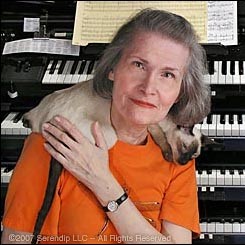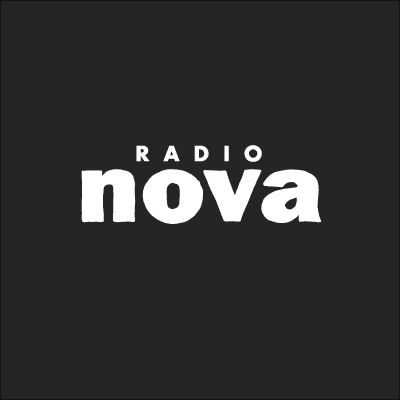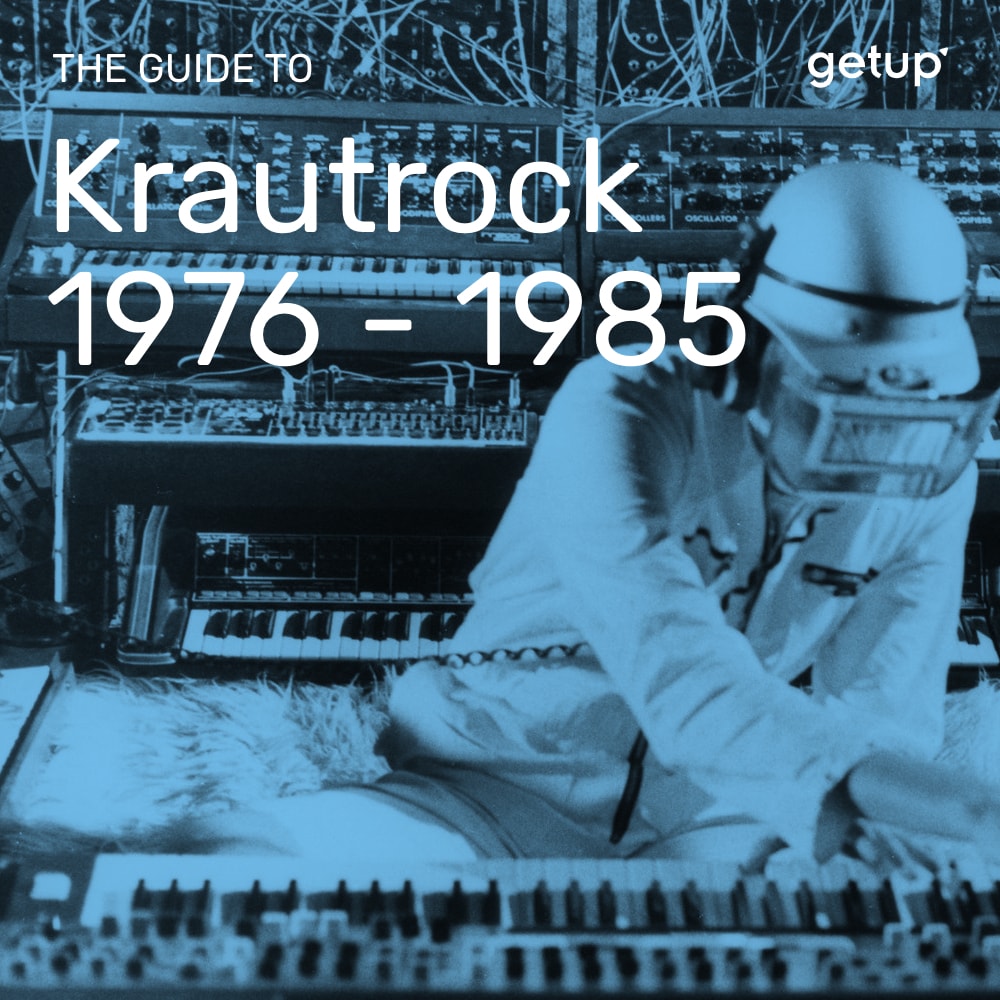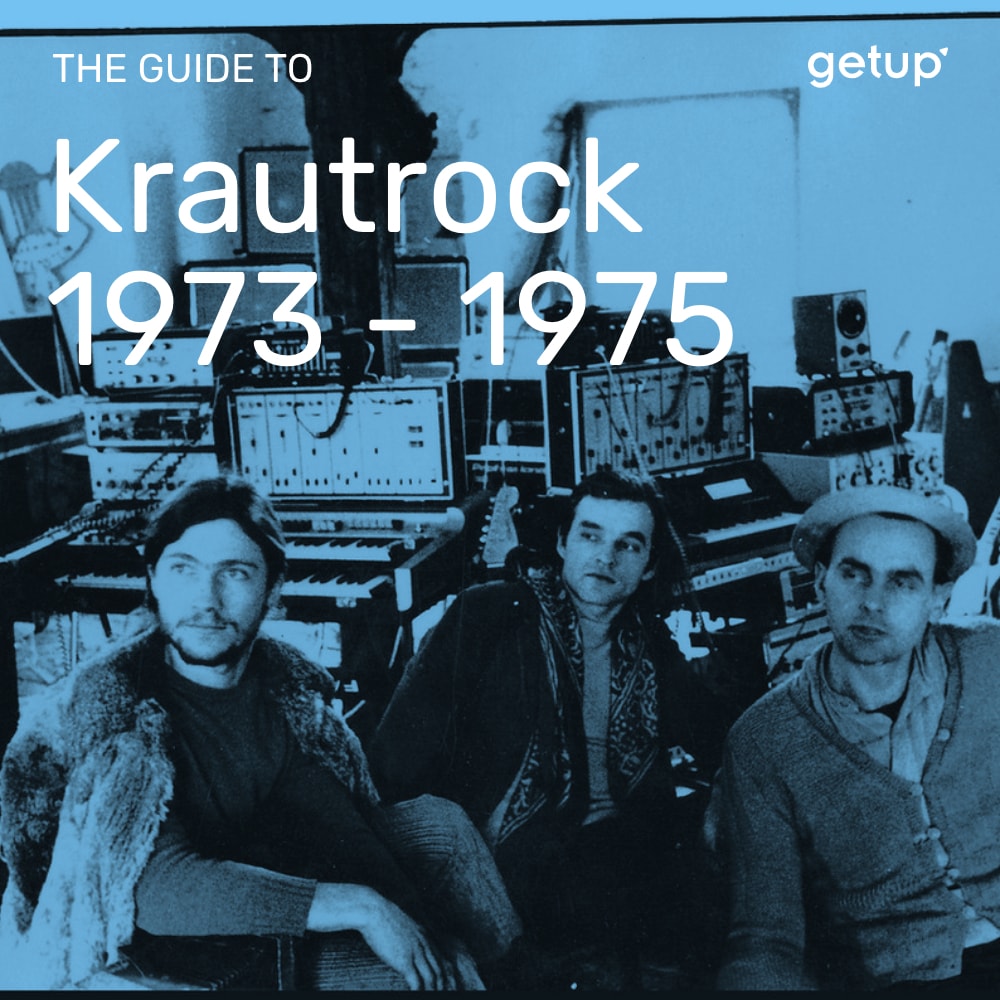Bach was my antidote to Wagner. I drank too young at the font of Tristan before finally being cured by the celestial harmonies of the cantatas. The potion known as the “Orchestral Suites” is here revisited by Klaus Schulze. Bach slips into everything, from jazz to the most cutting-edge electro, as Arandel shows with his declarations of love on Meister von Leipzig. Bach shone a light on the first synthesizer in the history of music: the organ. Rhoda Scott gives it unexpected swing and Cameron Carpenter, the organ’s enfant terrible, goes at it at full speed.
Stéphane Grappelli and Django Reinhard speed up his concerti, and Manel Camp kicks up youthful fantasies written in honour of his beloved brother. Siblinghood as well as spirituality form the secret of our eternal attraction to Bach’s music. Beyond the historically informed versions, the works adapt just as well to the accordion of Richard Galliano as to the large orchestra of the Italian Respighi, giving it the feeling of Disney’s Fantasia. The Trytone collective mixes up the forms and, when a classical pianist like my favourite Vikingur Olafsson, gets hold of Bach, we hear the great composers works remodeled for a Berlin club.
Our great Johann Sebastien learned to chisel out these musical works from his spiritual father, Johann Christoph Bach. The crazy violins that dwell in Uncle Bach’s baroque cantata anticipates the hypnotic surges of Philip Glass. The basso continuo that unfolds like origami fascinates me, from its first encounters with the Austrian artist Biber, to the Talmudic frenzy of Steve Reich, the Cantor of contemporary music. The only exception to this programme dedicated to our musical god are two iconoclastic visits to Handel’s Messiah, another great man born at the same time as Bach (though fate would never bring the two great composers together). Welcome to the trance!
.jpg)


.jpg)
.jpg)

